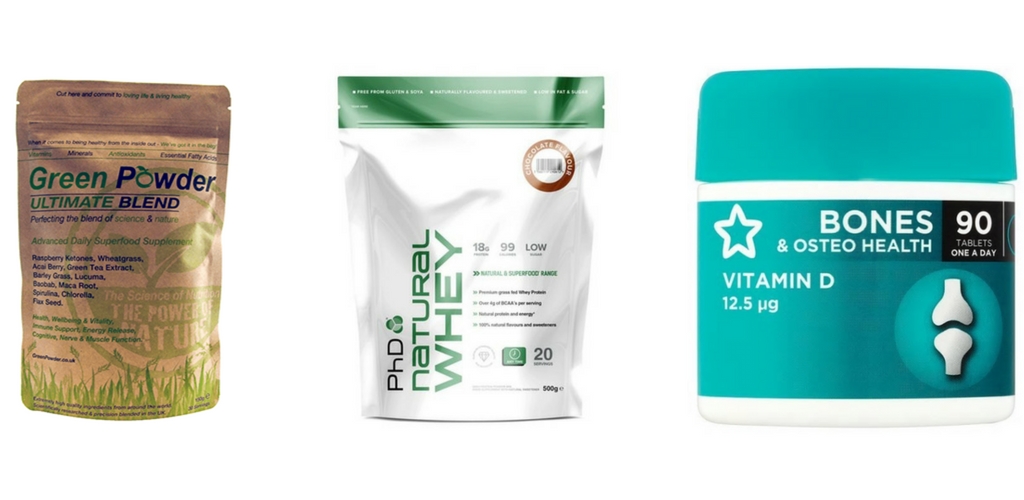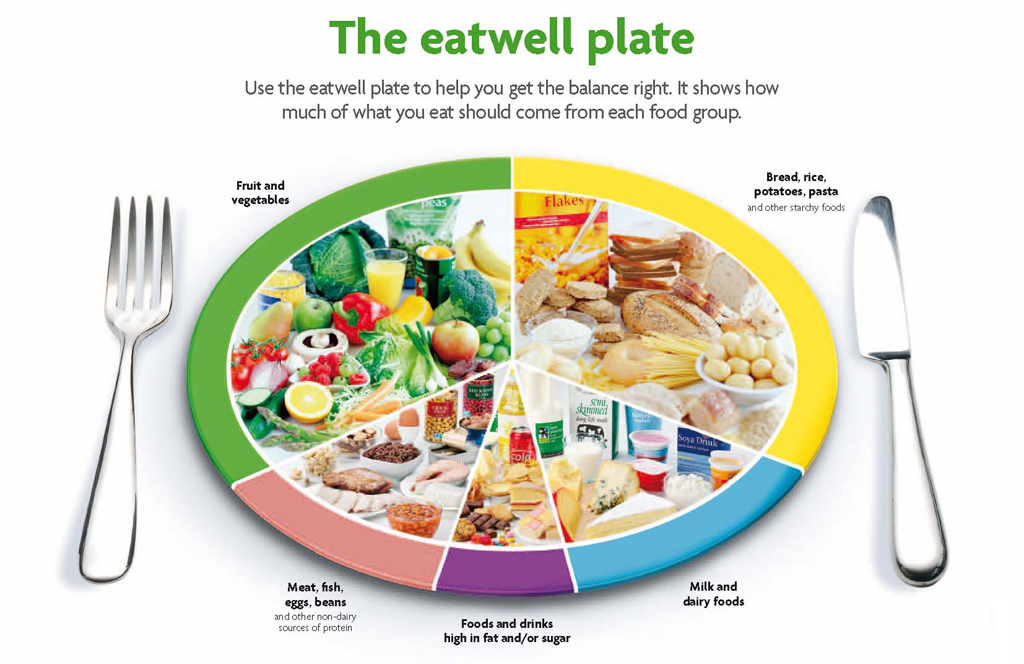
The London Marathon takes place this month, signifying one of the biggest challenges for recreational runners taking part. It’s a daunting and monumental experience for marathon newbies, and an inspirational time for anyone wondering “could I do that too?” With the right training and commitment to a healthy eating plan, you too could run 26 miles. This handy guide breaks down what you need to know to get yourself in the running for next year’s London Marathon, and for a fitter, healthier you in just 17 weeks.

BEGINNERS ESSENTIALS
Don’t even think about putting a step forward before investing in the best pair of trainers to suit your feet. You don’t need to go for the most expensive pair, as long as they support the shape of your foot.
Make sure you go to a specialist shoe or sports shop with experts that can appraise the way your feet move and have knowledge of specialist brands, such as Brooks, Asics, Reebok, Nike, New Balance and Adidas.
Shoes that don’t fit your feet properly can lead to muscular imbalances in the body and allow for foot, knee and hip injuries.

Images: SportsDirect, JD Sports, ShoeZone,
Reebok YourFlex £39.99, Gola Active Ortholite £34.99, Nike Air VaporMax £150.00

Images: SportsDirect, JD Sports, ShoeZone,
New Balance W 680v4 £54.99, Nike Air VaporMax FlyKnit £170.00, Gola Lightweight £34.99
SHAPE UP
As important as it is to practice running, it is just as important to get fit and strong. Whether you exercise alone in the gym or attend classes with friends, building strength and stamina is the key to success. There are some great resources to help you get into shape, from specialist classes to training courses online and in apps.
The Virgin Money London Marathon website has a three-level 17-week training plan, one for beginners, an intermediate plan and an advanced plan. Pick the level you need and use this as a guide on your journey to the starting line.
Add several supplements to your healthy diet and fitness regime to help your body on its road to fitness. Talk to an expert at a health food shop where you’ll find a plethora of running and fitness supplements, as well as to your pharmacist about supplements and your doctor for your overall health.
- BCAAs – Amino Acids that help to maximise muscle growth.
- Creatine – Helps with muscles development and building strength.
- Fish Oil – Omega 3 assists with cognitive function, fat burning and hormonal output.
- Green powder – Can help make up for the shortfall of nutrients and minerals you don’t receive from eating enough leafy greens.
- Vitamin D – In the UK many people can suffer from low vitamin D levels, which can affect bone density and energy production.
- Whey Protein – Rich in BCAAs for repairing sore muscles and trigger growth.

Images: Boots, Superdrug, Holland & Barrett
Women’s Best BCAA Amino Ice Tea – Peach Flavour (200g) £18.00, Alexanders Omega 3 tablets £0.99 Precision Engineered Creatine 120 Capsules 700mg £14.99

Images: Boots, Superdrug, Holland & Barrett
Hion Green Powder Ultimate Blend 150g £20.99, PhD Natural Whey Protein Powder – Chocolate (500g) £19.99, Superdrug Vitamin D 12.5mcg Tablets £2.15
EAT WELL
What you eat is just as important as the exercise and training you undertake to train for a marathon. You should rely on supplements to give your body the nutrients that it needs. One of the most important aspects of any diet is to drink an adequate amount of water. While the amount you should drink differs for each individual, the general guideline is between 2-3 litres per day, and it is also important that you drink water during each training session to replenish the fluids you lose.
There are certain foods that can assist in different aspects of your training and nutritional needs. You can find a full break down of nutritional advice on the Virgin Money London Marathon website, but some of the tips include:
- Marmite, apples and avocado to boost cardio.
- Spinach, eggs and almonds to help maintain muscle.
- Watermelon, coffee and bran flakes to help you run faster.
- Blue berries, honey and smoked mackerel to help prevent injury.
- Pine nuts, green tea and coconut oil to help you get lean.
- Kale, walnuts and white button mushrooms to help you stay healthy.


